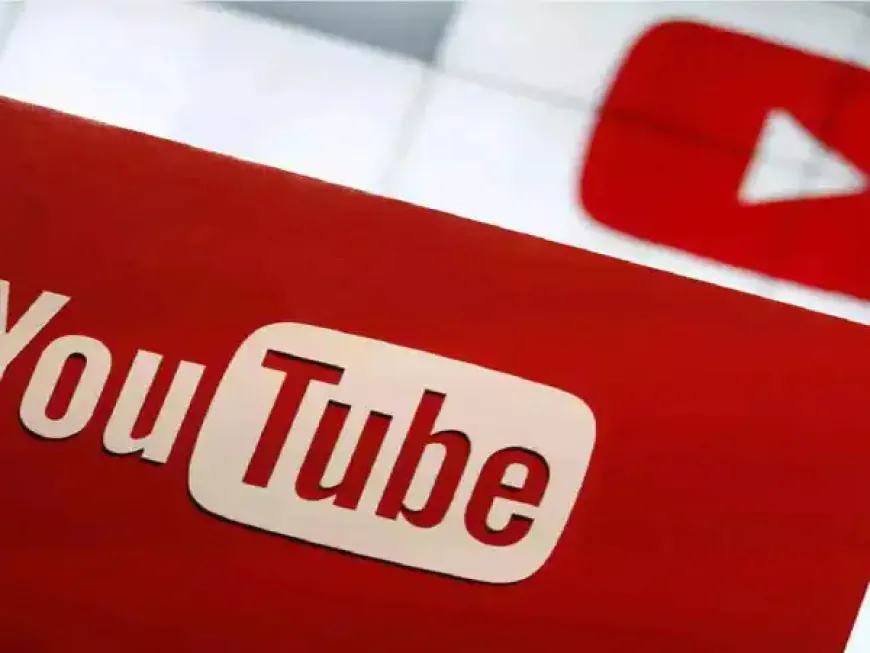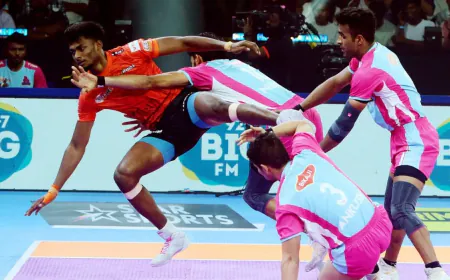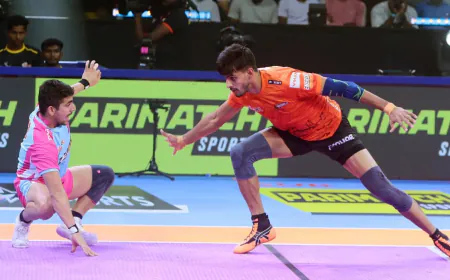Shoaib Akhtar's YouTube Channel Blocked in India Amid Tensions
Following the Pahalgam terror attack, the Indian government has acted against Pakistani content producers by blocking several YouTube channels, including that of ex-cricketer Shoaib Akhtar. Although Akhtar's content was mostly apolitical, the action indicates India's attempts to stop the spread of misinformation and ensure national security at critical times.

Former Pakistani cricketer Shoaib Akhtar is experiencing issues with his YouTube channel being blocked in India. The action comes on the back of a broader crackdown on other Pakistani accounts which have been made unavailable in India. Although Akhtar's channel was not specifically listed as being blocked, the overwhelming majority of fans found that they could no longer access his material. Although older videos of his were still viewable, the channel itself seemed to be blocked in India.
This is not a solitary instance. Some ex-Pakistani cricketers like Basit Ali and Rashid Latif are also facing the same problem. Similar to Akhtar's report, these channels were not officially banned but cannot be found in India. It is not clear whether Akhtar's report was inadvertently forgotten or whether it would be on a future official list of banned channels.
The blocking of the YouTubers is credited to a series of actions by the government of India in response to the heinous terror attack in Pahalgam, Jammu and Kashmir, on April 22, 2025. During the attack, 26 people, who were mostly tourists, were killed. The government has credited the blocking of the channels to security purposes and preventing the spread of sensitive information. Most of the blocked channels were accused of spreading provocative, misleading, or false content, particularly against India, its troops, and military. Some of the channels that have been confirmed officially to be blocked are established names like Dawn News, Geo News, ARY News, and SAMAA TV.
These channels are being accused of spreading content that is found to be against India or threatening in nature. Other YouTube channels, including Uzair Cricket and Asma Shirazi, have also been blocked, with most of their videos rendered inaccessible. Some of their older videos remain available, however, although their channels themselves are no longer accessible. The Indian Home Ministry suggested the bans as part of government initiatives to crack down on spreading inflammatory content. The government is also in talks with global organizations, such as the BBC, over the use of terminology used in its news reports of the Pahalgam attack. The BBC's use of "militants" and not "terrorists" to refer to attackers in reports has been a point of criticism by the Indian government.
Although there has been debate among users on whether or not the blocking of the channels is warranted, others think that the action is required in an effort to safeguard national security as well as to ensure that dangerous misinformation does not spread. The effect of the actions will extend beyond Shoaib Akhtar's channel, and it will make Pakistani content harder to access across the border.
In the case of Shoaib Akhtar, he is very popular in India and his YouTube channel was welcomed by Indian cricket fans. He is famous for giving straight talk and has been a part of cricket discussions on numerous forums. Losing the facility of his channel is a loss for the majority of his fans who like watching his content and comments regarding the life of cricket.
Up until now, it is not known whether Akhtar's channel was deliberately targeted or accidentally swept up in a broader wave of targeting that was directed against Pakistani content on YouTube. This also serves to reflect the ongoing tensions between India and Pakistan, particularly within the respective media ecosystems. The two nations have long had troubled relations, and the internet has opened up as an additional front in the struggle to influence public attitudes.
Shoaib Akhtar's YouTube channel ban is a prime example of how the global media consumption scenario is changing. As the cyberspace world becomes increasingly powerful, governments have started taking steps to control the spread of information and protect national interests. One just wishes that other channels do not follow suit in the near future, or that it was a one-off response to a specific event.
Finally, the blocking of Shoaib Akhtar's YouTube channel in India is one component of an ongoing process of controlling Pakistani media content on various online platforms. While his supporters might be dismayed at being unable to view his channel, the move is a reflection of continued geopolitical tensions. Whether this action will be short-lived or will see wider measures restricting access is uncertain, but it is a reflection of the increasing reach of digital media into international affairs.





















































